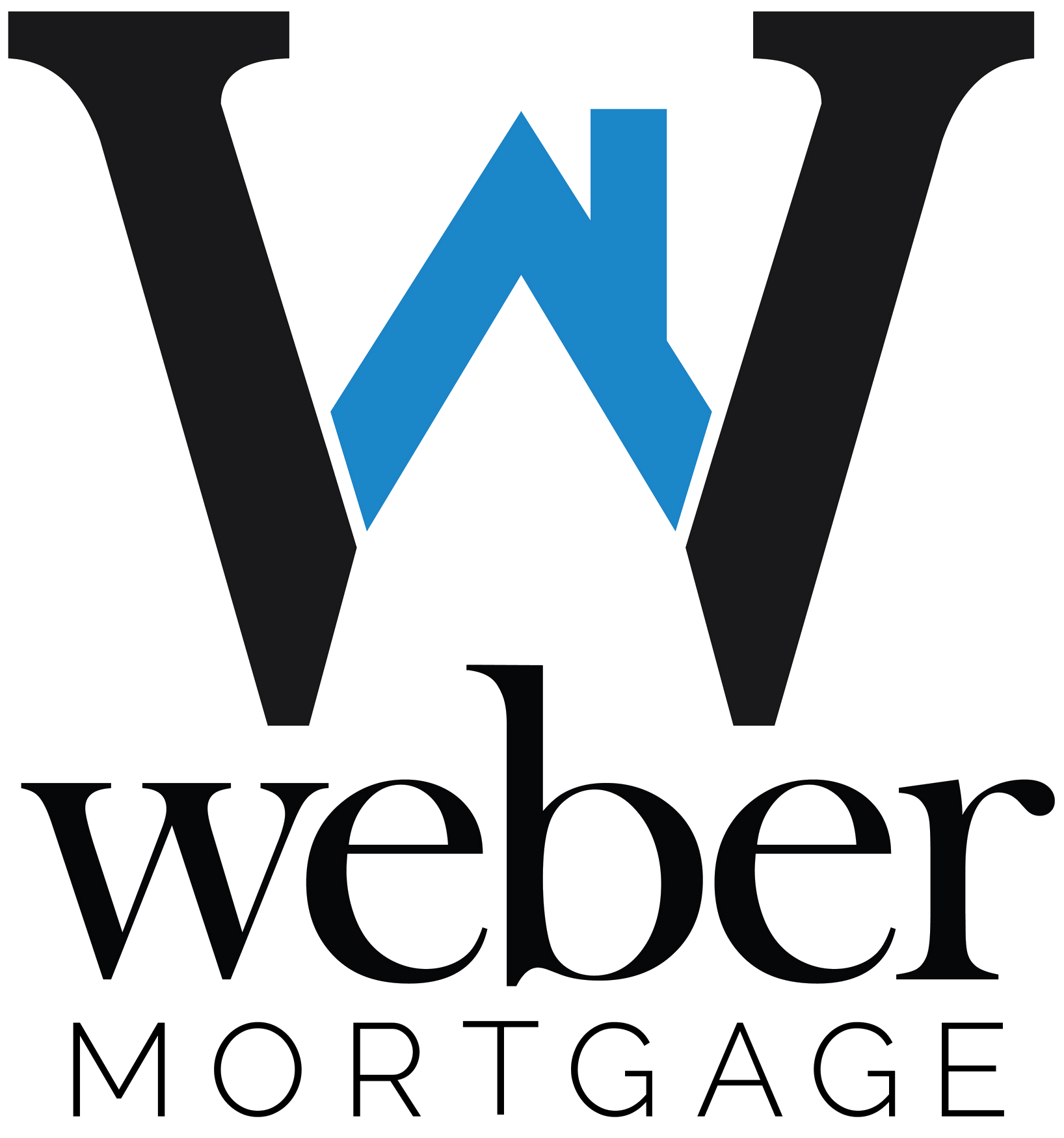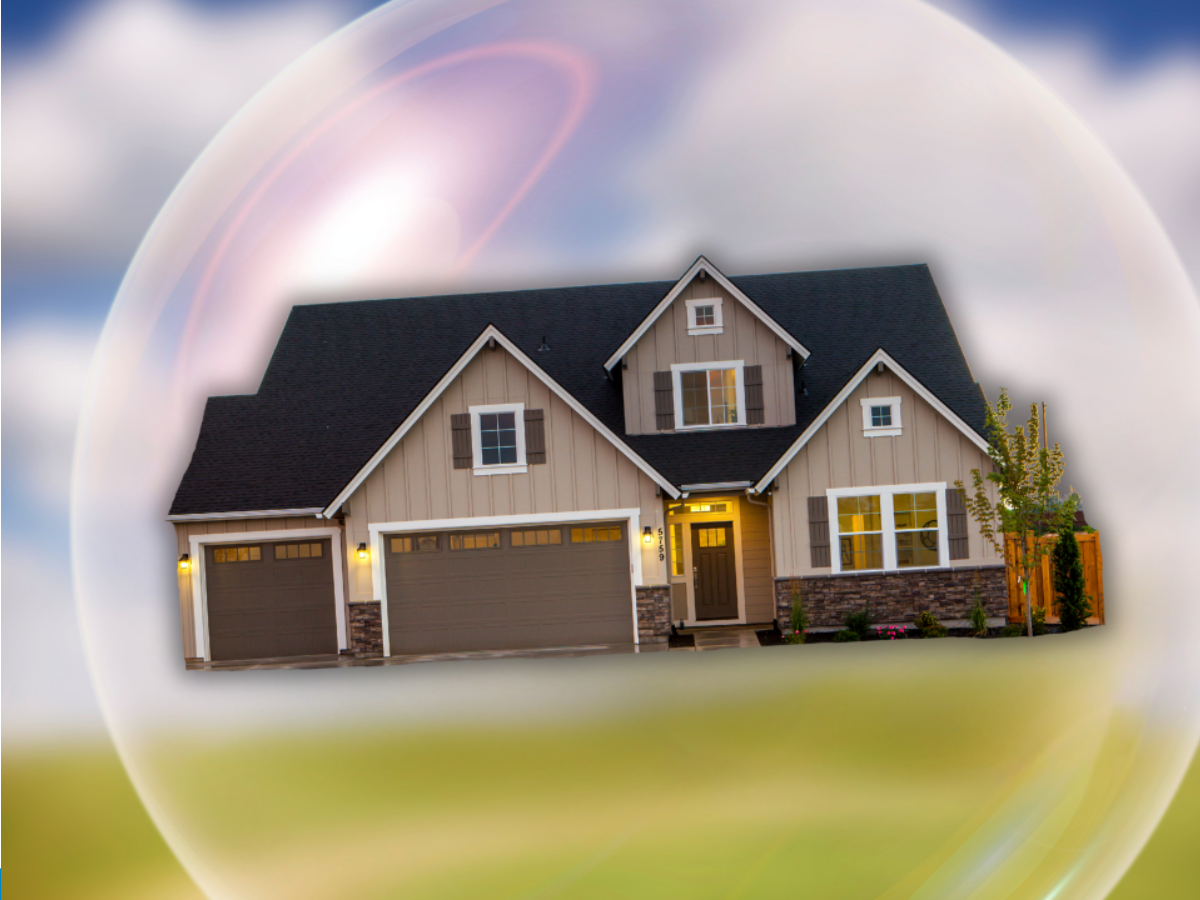Housing bubbles bring fear and uncertainty to homeowners and buyers alike. When people hear the…
Buy a New Construction or an Existing Home? What Buyers Should Consider
When it comes to buying a home, one decision you’ll face is whether to buy a new construction or an existing home. Both options have unique advantages and challenges, and the best choice depends on your budget, timeline, and lifestyle needs.
In this blog, we’ll explore the pros and cons of each option to help you make an informed decision that aligns with your goals.
Pros of Buying a New Construction Home
New construction homes are built with modern designs, energy-efficient materials, and the latest technology. Here are some of the key benefits:
1. Customization Options
When you buy a new construction home, you often have the opportunity to customize features like flooring, countertops, paint colors, and appliances.
- Why It Matters: You can create a space that reflects your style and meets your needs without the hassle of renovations.
2. Energy Efficiency
New homes are built with energy-efficient materials, appliances, and systems that can lower utility costs.
- Why It Matters: Features like improved insulation, energy-efficient windows, and smart thermostats can save money over time.
3. Minimal Maintenance
Everything in a new home is brand new, which means you’re less likely to deal with major repairs or maintenance issues in the first few years.
- Why It Matters: Peace of mind and fewer unexpected expenses make new construction a convenient choice for many buyers.
4. Modern Amenities
New construction homes often include open floor plans, smart home technology, and features designed for today’s lifestyle.
- Why It Matters: These modern touches can make your home more functional and enjoyable from day one.
Cons of Buying a New Construction Home
While new homes have many advantages, they’re not without challenges. Here’s what to watch for:
1. Higher Costs
New construction homes typically cost more than existing homes in the same area, especially when upgrades and customization are added.
- Why It Matters: Budget-conscious buyers may find better value in existing homes.
2. Longer Timeline
Building a new home can take months, especially if you’re starting from scratch.
- Why It Matters: If you need to move quickly, an existing home might be a better option.
3. Limited Landscaping
Many new construction homes come with minimal landscaping, leaving buyers to invest in yards, trees, and gardens.
- Why It Matters: The cost and effort of landscaping can add up over time.
Pros of Buying an Existing Home
Existing homes, often referred to as resale properties, come with their own set of benefits that appeal to many buyers.
1. Lower Purchase Price
Existing homes are often less expensive than new construction, making them more accessible to a wider range of buyers.
- Why It Matters: You may get more space or a better location for the same price as a smaller new home.
2. Established Neighborhoods
Many existing homes are located in mature neighborhoods with larger lots, mature trees, and a sense of community.
- Why It Matters: Proximity to schools, shopping, and amenities is often a big draw for buyers.
3. Quicker Move-In Timeline
Unlike new construction, existing homes are ready for occupancy as soon as the sale is finalized.
- Why It Matters: If timing is critical, an existing home offers a faster solution.
4. Unique Charm and Character
Older homes often feature architectural details and designs that aren’t as common in new builds.
- Why It Matters: Buyers looking for character and personality may prefer the unique touches of an older home.
Cons of Buying an Existing Home
Before choosing an existing home, consider the potential downsides:
1. Higher Maintenance Costs
Older homes may require more repairs and ongoing maintenance, from replacing the roof to updating electrical systems.
- Why It Matters: Unexpected expenses can add up, especially if major systems are nearing the end of their lifespan.
2. Limited Customization
Unlike new construction, existing homes come as-is, which may not meet all your preferences.
- Why It Matters: Renovations can be costly and time-consuming, adding to your overall investment.
3. Energy Inefficiency
Older homes often lack the energy-efficient materials and systems found in newer builds.
- Why It Matters: Higher utility bills can increase the cost of ownership over time.
How to Decide Between New Construction and an Existing Home
Here are some questions to ask yourself to help determine which option is right for you:
- What is my budget? New construction often comes with higher upfront costs, while existing homes may offer better value.
- How soon do I need to move? If timing is a priority, an existing home may be the better option.
- Do I want a custom home? If you’re looking for personalization, new construction offers more flexibility.
- Am I prepared for maintenance? New homes typically require less maintenance, while existing homes may need more repairs.
Final Thoughts
Deciding between a new construction or an existing home is a personal choice that depends on your financial situation, lifestyle, and timeline. Both options have their own unique benefits and challenges, and there’s no one-size-fits-all answer.
At Weber Mortgage, we’re here to help you navigate this decision and secure financing that works for your unique needs. Whether you’re drawn to the modern features of a new home or the charm of an older property, we’ll guide you every step of the way.
Ready to start your home-buying journey? Reach out today to discuss your options and get pre-approved for your dream home.




